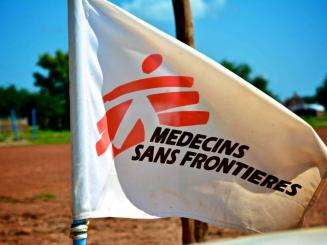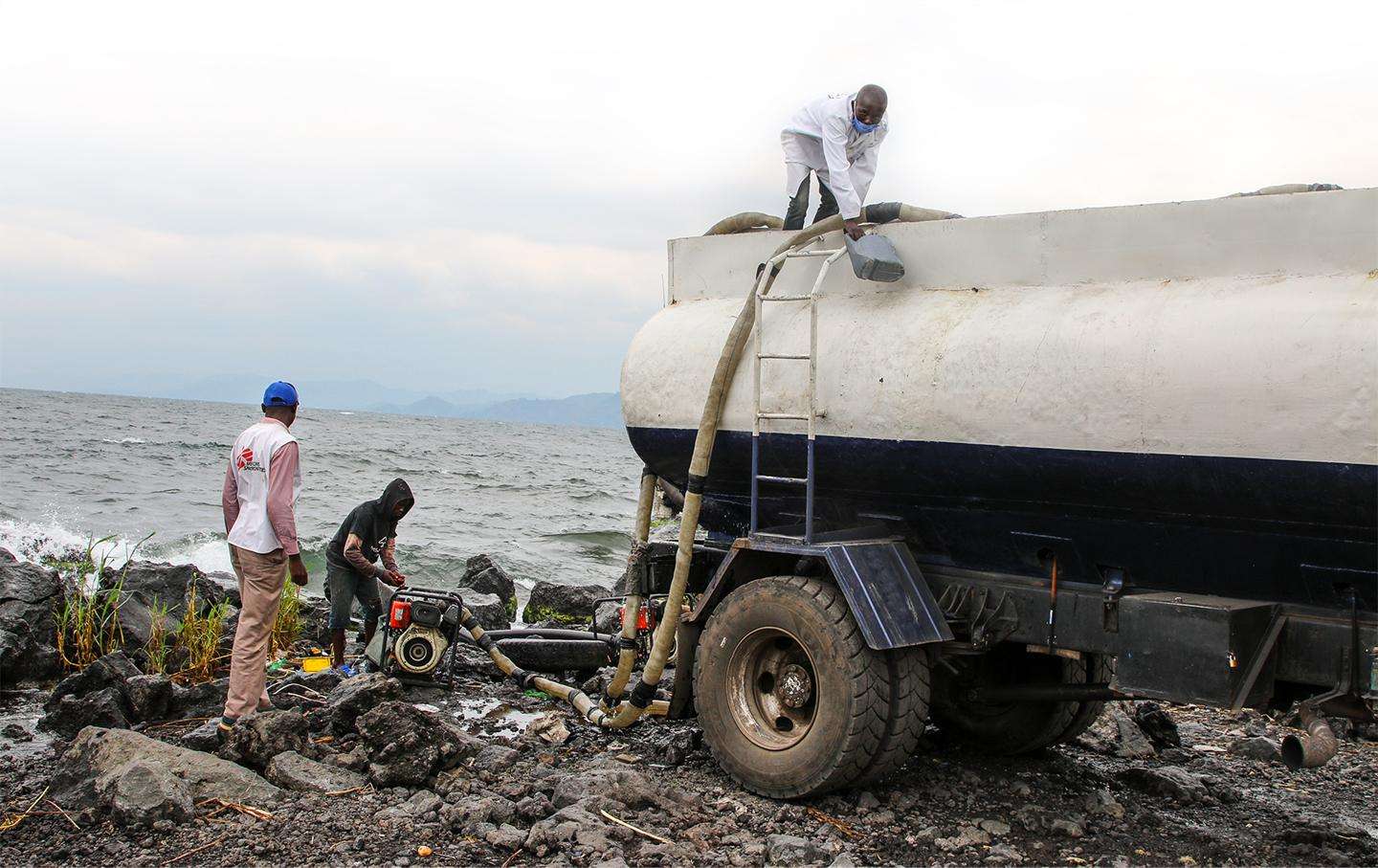Urgent need for ceasefire as Israeli forces attack ‘safe zones’ in Rafah
story May 28, 2024
Get the latest news, stories, videos, and more from our medical humanitarian projects around the world.
Speaking out about the emergencies our staff and patients witness is part of who we are. Explore our history and principles.
Research | May 16, 2008


Your unrestricted gifts enable us to provide lifesaving medical humanitarian care on the ground and speak out about what we see.